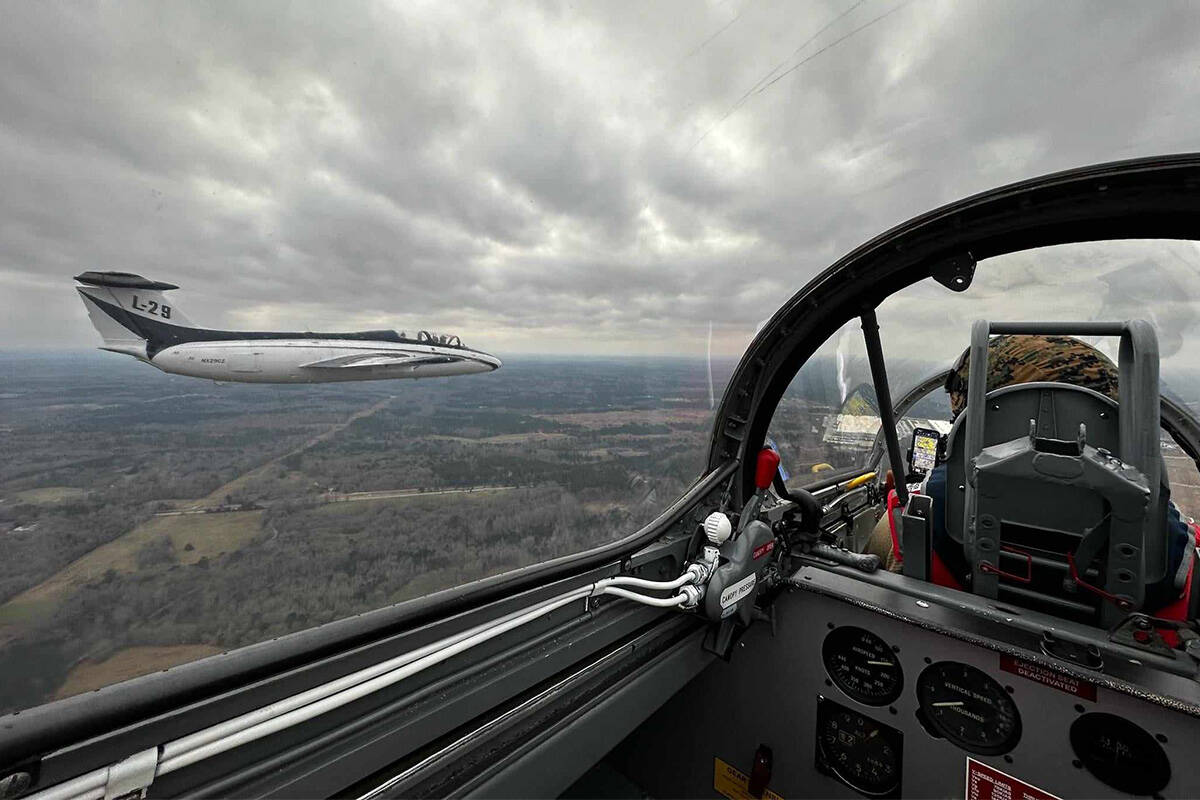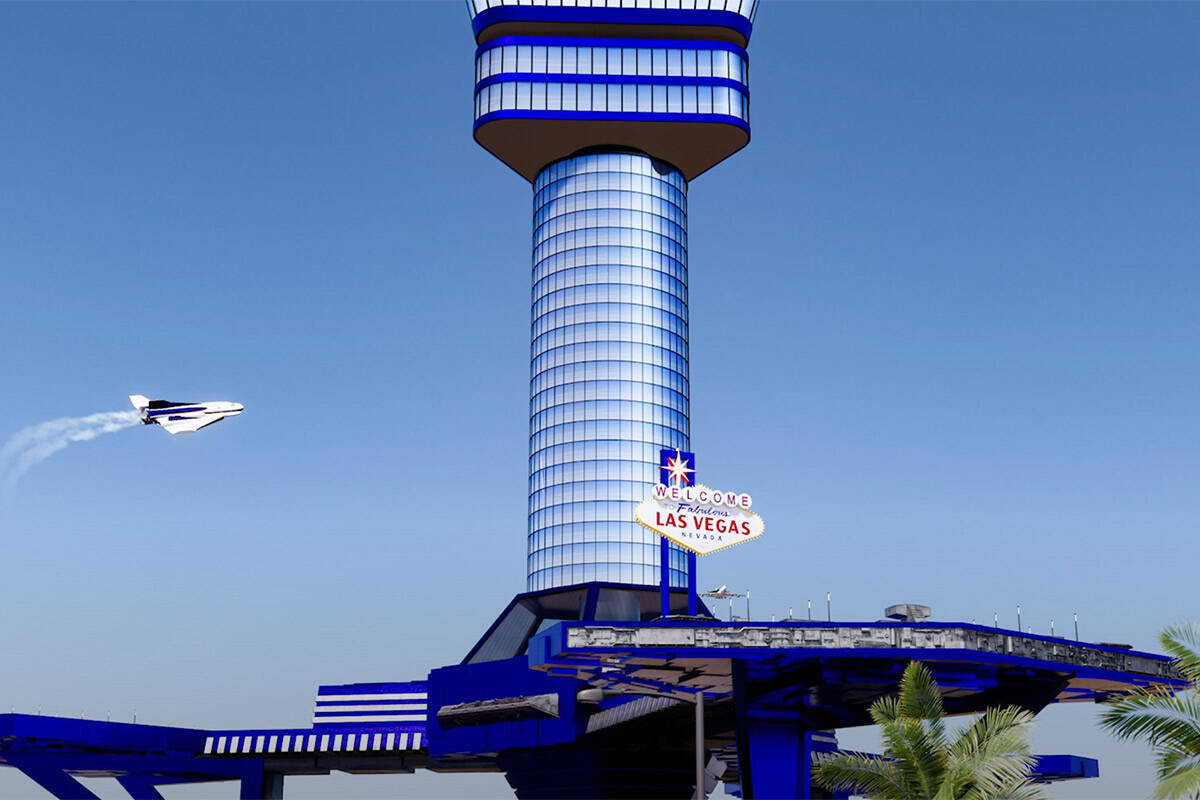What’s the latest on the Las Vegas Spaceport project?
Representatives of the Las Vegas Spaceport project have formally applied to the Federal Aviation Administration to be licensed as an inland spaceport.
Rob Lauer, CEO of the Las Vegas Spaceport, said Thursday that last week’s Florida hurricane demonstrates the importance of developing inland facilities capable of sending vehicles into space.
If the property in Clark County west of Las Vegas near Pahrump is developed as planned, Nevada would join Florida, California, Texas and Colorado as states with plans to join the space economy.
In an interview, Lauer said the spaceport would strive to develop as a horizontal launch facility, meaning the spaceport would house aircraft that could take off and land like planes as opposed to launching vertically with a rocket.
Lauer is enthused by July’s announcement by GE Aerospace that it has developed and tested a new hypersonic, dual-mode ramjet engine capable of powering a spaceplane that could achieve orbit.
The Clark County Commission and the FAA already have designated Lauer’s site as “Las Vegas Executive Airport,” and he plans to pave the facility’s first runway by early next year after the completion of a site drainage report.
Lauer said Hurricane Helene’s destruction along the East Coast demonstrates the importance of inland launch sites.
“The destruction caused by (last) week’s devastating hurricane in Florida underscores the critical need for an inland spaceport to ensure we have redundant launch capabilities for national defense,” he said.
Lauer said he has been in contact with representatives of the U.S. Space Force on collaborating toward building a facility and “this next step in seeking our FAA license is pivotal.”
Lauer said approval of FAA licensing is expected to take two years, but in the meantime, the first runway would be paved to accommodate two training jets the company has acquired.
“This sends a clear message: Las Vegas is open for business and we invite space companies from around the world to join us here in Nevada as we start the greatest human adventure,” he said.
GE Aerospace’s ramjet engine, developed in 11 months, provides a threefold increase in airflow compared with earlier hypersonic demonstration engines, heralding a potential new era in space travel.
With the new engine’s capability of launching a vehicle into orbit, it could also provide the capability of flying halfway around the world in hours.
Lauer’s team of experts has designed a plan to develop a flight school for aerospace engineers, a hotel-casino for space tourists and ground facilities common to most airfields, including hangar areas, a fuel vendor and a fixed-base operator.
Contact Richard N. Velotta at rvelotta@reviewjournal.com or 702-477-3893. Follow @RickVelotta on X.




















